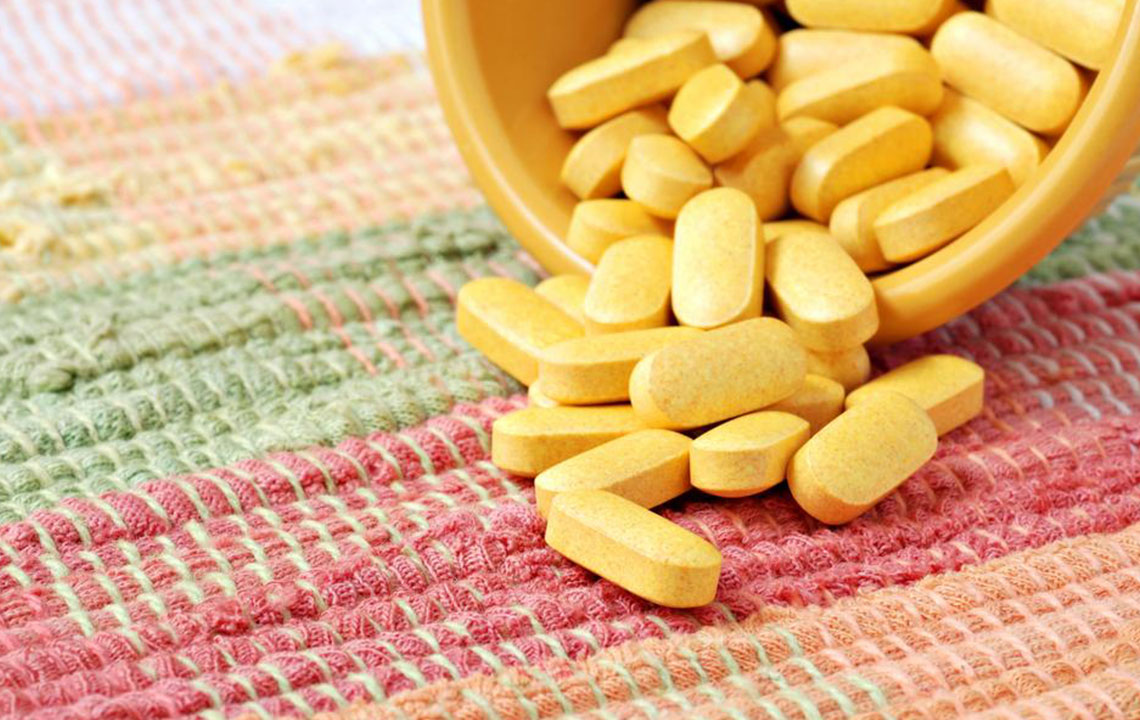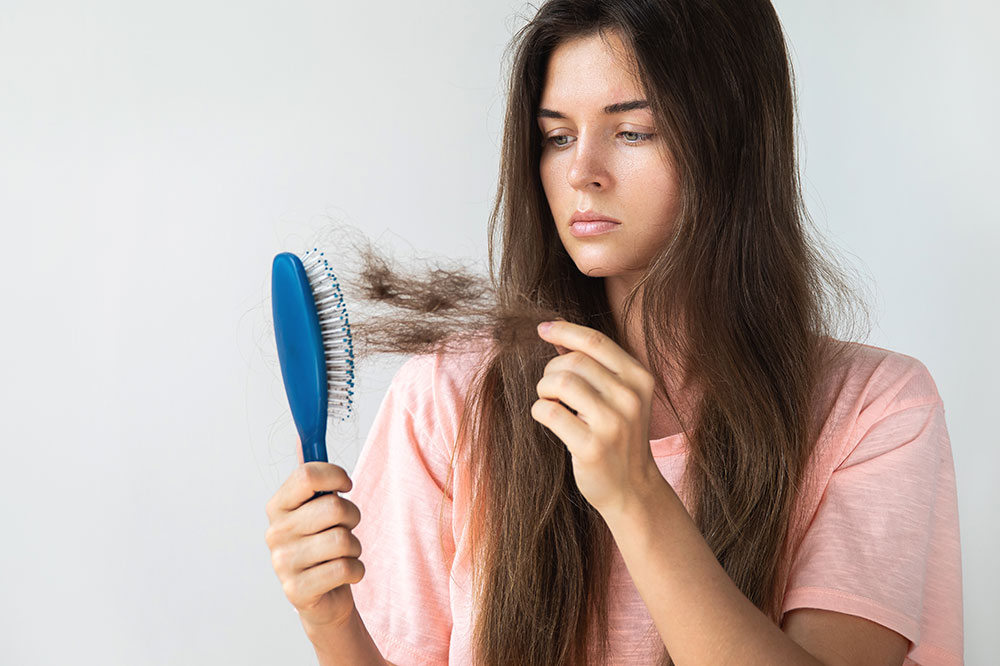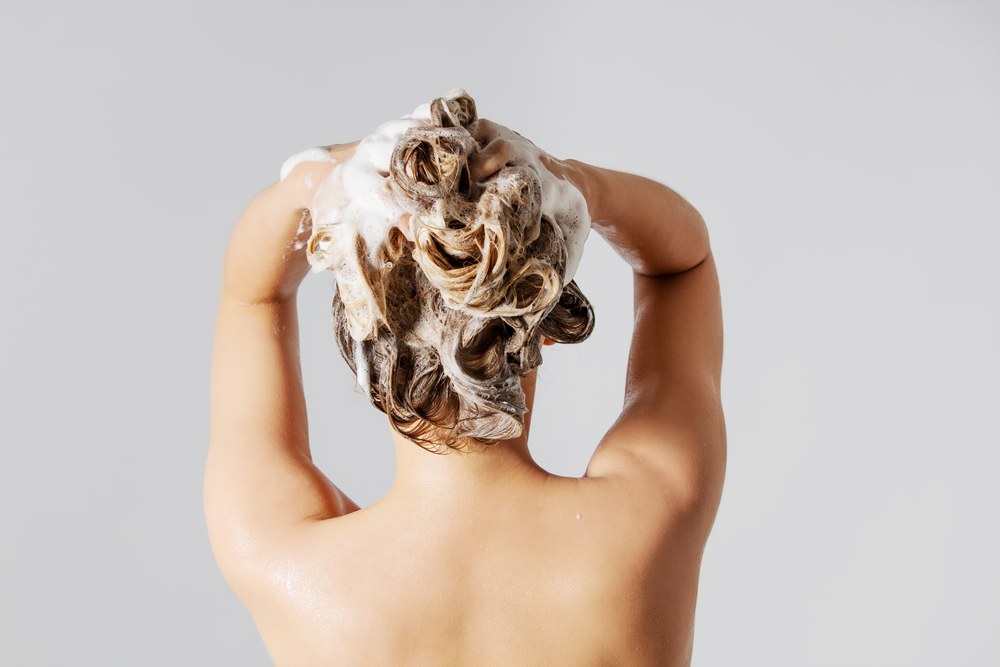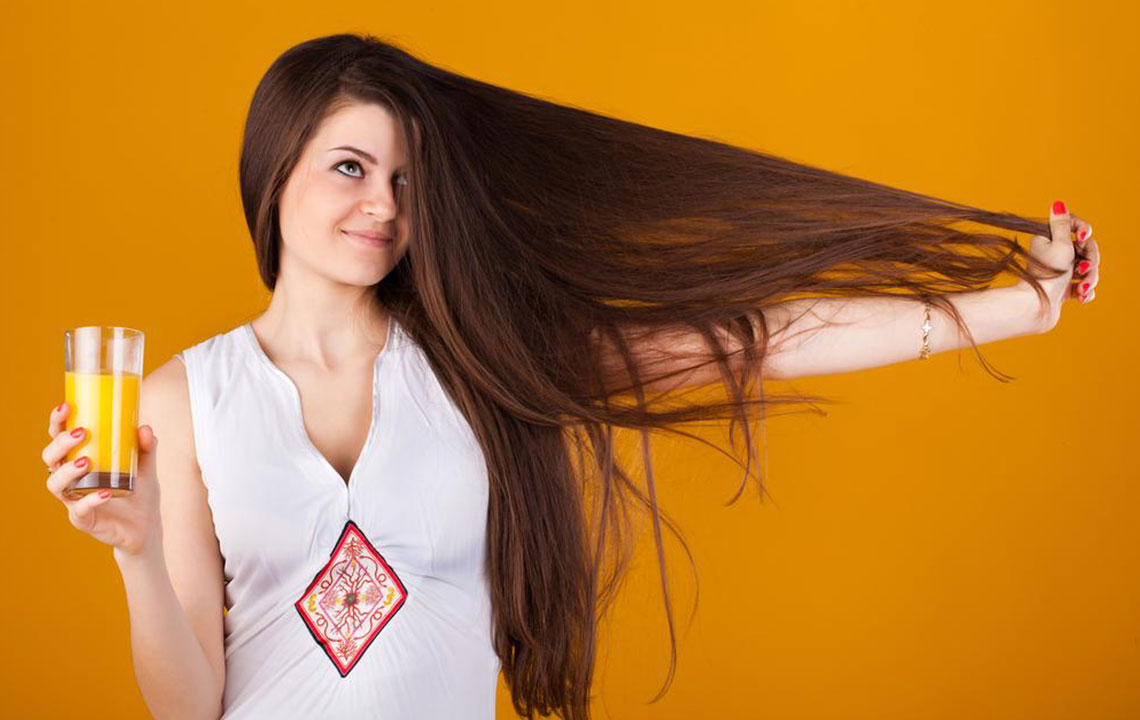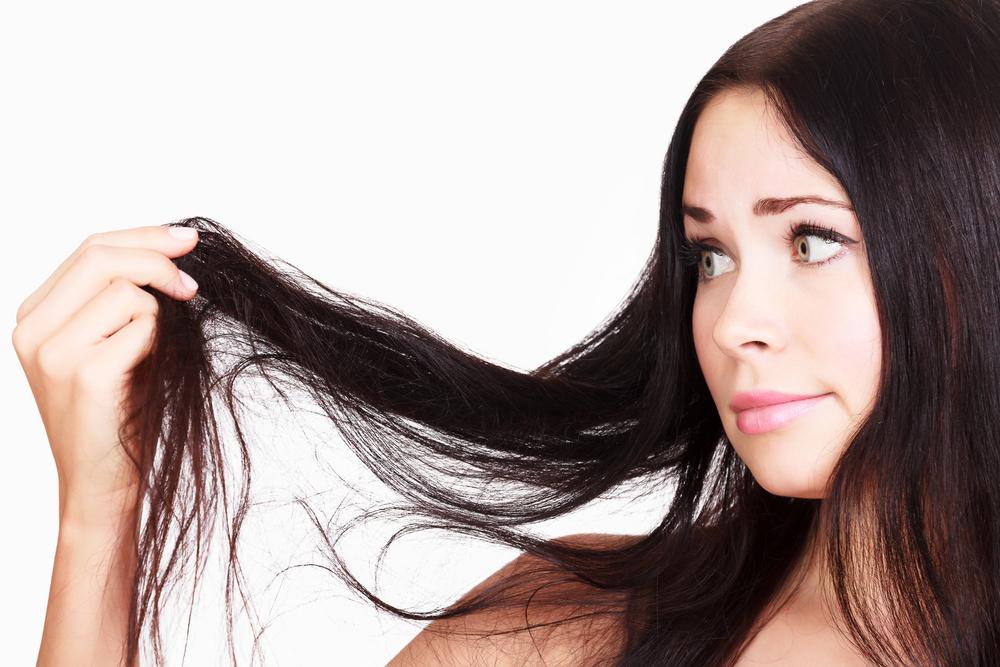Comprehensive Nutritional Strategies to Boost Healthy Hair Growth
Discover comprehensive nutritional and external care tips to promote healthy hair growth. This guide emphasizes the importance of balanced diet, proper hair routines, and lifestyle habits that strengthen hair, boost shine, and prevent damage. Learn about essential nutrients like protein, iron, omega-3, vitamins A, C, E, and biotin, along with practical external care practices for vibrant, resilient hair. A holistic approach to hair health will help you achieve stronger, shinier, and more beautiful hair naturally.
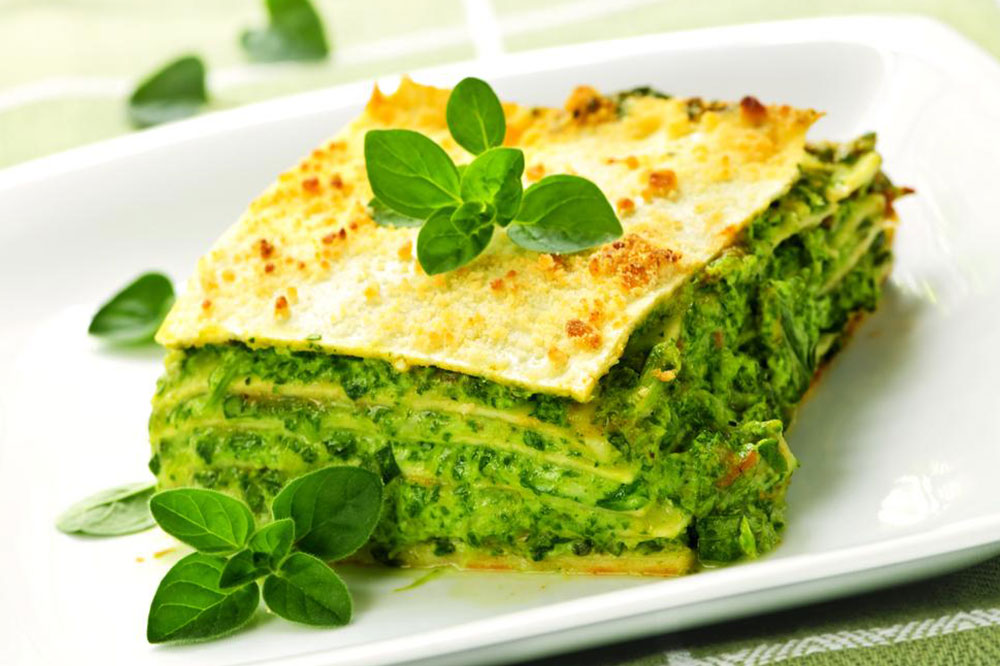
Comprehensive Nutritional Strategies to Boost Healthy Hair Growth
Achieving lush, vibrant hair is a common desire for many, as it greatly contributes to one’s overall appearance and confidence. While external hair care routines are vital, the foundation of healthy hair lies in proper nutrition. An effective hair care regimen, combined with a well-balanced diet rich in essential nutrients, can dramatically influence hair vitality, strength, and growth potential. This in-depth guide explores expert tips on dietary habits, external care, and lifestyle practices that promote healthy hair growth and reduce common issues like hair thinning and brittleness.
Maintaining healthy hair isn’t just about using the right shampoos and conditioners; it’s also about nourishing your body from within. Consistency in external hair care routines coupled with mindful dietary choices can result in visibly stronger, shinier, and more resilient hair. The importance of avoiding common damaging practices, such as overwashing and excessive heat styling, cannot be overstated. Instead, embracing gentle hair care methods along with nutrient-rich foods ensures your hair gets the support it needs for optimal growth and vibrancy.
Key external hair care tips include avoiding overwashing to preserve natural scalp oils, gently patting hair dry to prevent breakage, choosing high-quality conditioners that nourish without weighing down strands, limiting the application of styling products that can cause buildup, and always applying heat protectants before styling with heat tools. These simple, consistent habits can prevent damage and promote healthier hair over time.
Equally important is a diet that provides all the vital nutrients necessary for hair growth. Proteins are the building blocks of hair, so including an adequate amount of protein in your diet is essential. Rich sources include eggs, lean meats, dairy, nuts, and fish. Iron plays a crucial role in preventing hair thinning; hence, incorporating iron-rich foods like spinach, chickpeas, and seafood helps maintain healthy hair follicles and reduce hair loss.
Omega-3 fatty acids are fundamental to nourishing hair follicles and promoting a shiny appearance, found abundantly in fatty fish such as salmon, and plant sources like chia seeds and walnuts. These healthy fats also support scalp health, reducing dryness and flakiness. Vitamin C, a powerful antioxidant present in citrus fruits and berries, helps protect hair follicles from free radical damage and encourages scalp circulation. Biotin, a B-vitamin, is well-known for its role in strengthening hair and repairing damage; foods like eggs, bananas, mushrooms, and nuts are excellent sources, and biotin-enriched hair oils can also give beneficial results.
Vitamins A and E are equally vital. Vitamin A stimulates the production of sebum, the natural scalp oil, which ensures hair remains moisturized and shiny. Carrots, sweet potatoes, and mangoes are prominent sources. Vitamin E helps improve blood circulation to the scalp, enhancing hair follicle nourishment and reducing dryness. Foods such as avocados, sunflower seeds, and fish supply ample vitamin E to maintain healthy, hydrated hair.
Adopting holistic lifestyle practices, such as managing stress, staying hydrated, and avoiding smoking and excessive alcohol consumption, further contributes to healthier hair growth. Regular scalp massages, use of natural hair oils infused with essential nutrients, and avoiding harsh chemical treatments also play significant roles in maintaining hair health.
In summary, combining external hair care routines with a nutrient-dense diet rich in proteins, vitamins, and healthy fats creates a robust foundation for hair growth. The synergy of these practices results in stronger, shinier, and more vibrant hair, boosting confidence and overall well-being.
In addition to external care, nutrition plays a crucial role in hair health. Incorporating a variety of nutrient-rich foods such as proteins, iron, omega-3 fatty acids, vitamins C, A, E, and biotin into your diet can significantly support hair growth, strength, and shine. Combining consistent hair care practices with a balanced diet ensures your hair remains resilient and vibrant over time.
Proteins
Proteins are the essential building blocks of hair, making them crucial for maintaining hair strength and preventing breakage. Regular intake of high-quality proteins such as eggs, milk, fish, nuts, and seeds supplies the necessary amino acids for healthy hair fiber formation. For those with dietary restrictions, protein supplements can help meet daily requirements.
Iron
An iron deficiency is one of the primary causes of hair thinning and hair loss. Iron-rich foods like leafy greens (spinach, kale), legumes (chickpeas, lentils), fish, and lean meats can help replenish iron stores and promote healthy hair growth. Ensuring adequate iron intake is particularly important for women experiencing hormonal changes or during pregnancy.
Omega-3 Fatty Acids
As essential fats, omega-3s nourish the scalp, reduce inflammation, and add a natural shine to hair strands. Excellent sources include fatty fish such as salmon, mackerel, and sardines, as well as plant-based options like flaxseeds, chia seeds, walnuts, and canola oil. Regular consumption helps improve hair elasticity and volume.
Vitamin C
Vitamin C is a potent antioxidant that helps protect hair follicles from oxidative stress, improves scalp blood circulation, and supports collagen synthesis for hair structure. Fruits like oranges, strawberries, guavas, and bell peppers are excellent sources. Consuming sufficient vitamin C can help prevent hair breakage and support healthy growth cycles.
Biotin
Biotin (Vitamin B7) is vital for keratin production and aids in repairing damaged hair. Foods such as eggs, bananas, mushrooms, cauliflower, and nuts are rich in biotin. Biotin supplements and topical oils infused with biotin are also popular options to enhance hair health.
Vitamin A
Vitamin A promotes the production of sebum, the natural oil that moisturizes the scalp and keeps hair healthy and shiny. Carrots, sweet potatoes, mangoes, and dark leafy greens are rich in beta-carotene, which converts to vitamin A and supports cell growth necessary for hair development.
Vitamin E
With antioxidant properties, vitamin E helps maintain scalp health and improve blood circulation, ensuring vital nutrients reach hair follicles. Food sources include fish, sunflower seeds, almonds, and avocados. Adequate vitamin E intake can help reduce oxidative damage and support overall hair vitality.
By integrating these foods and habits into your daily routine, along with external hair care practices, you can significantly improve the quality, resilience, and beauty of your hair. A holistic approach to hair health fosters confidence and enhances your natural appearance over time.

